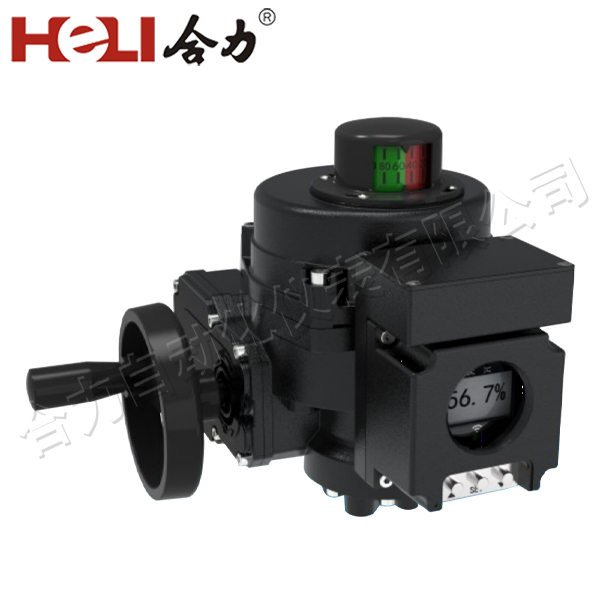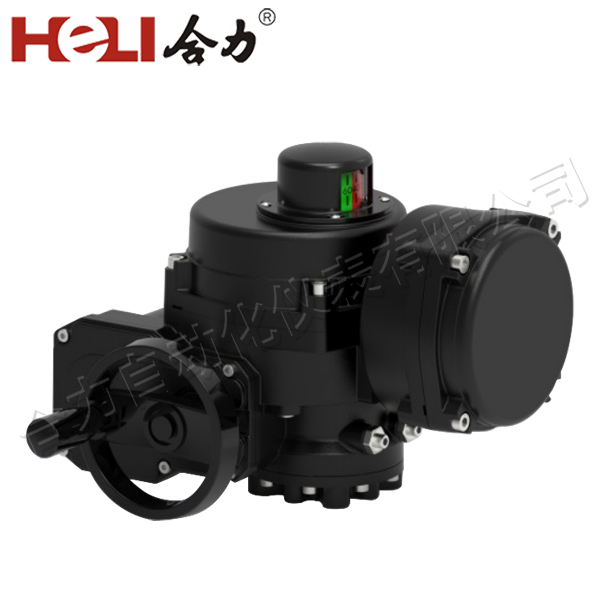
In recent years, there has been a rapid growth in the development and application of electric actuators in various industries. Among the various types of electric actuators, lithium battery-powered electric actuators are becoming increasingly popular due to their numerous advantages, including energy efficiency, portability, and environmental friendliness. These actuators are now being integrated into a wide array of applications, ranging from robotics and automotive systems to industrial machinery and medical devices. This article explores the workings, benefits, and future potential of lithium battery electric actuators.

Understanding Lithium Battery Electric Actuators
An electric actuator is a device that converts electrical energy into mechanical motion to perform a specific task. In the case of lithium battery electric actuators, they rely on lithium-ion batteries to power electric motors that move components such as valves, gears, or robotic arms. Lithium-ion batteries, which are known for their high energy density and long lifespan, are an ideal power source for these actuators. By providing a compact and efficient energy supply, lithium batteries enable electric actuators to operate in environments where traditional power sources may not be feasible or convenient.
